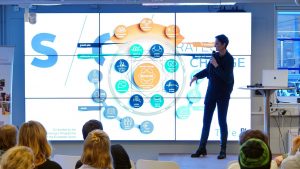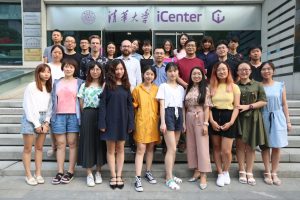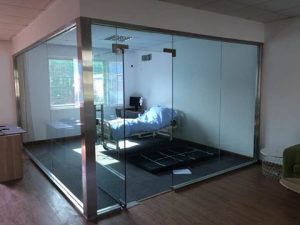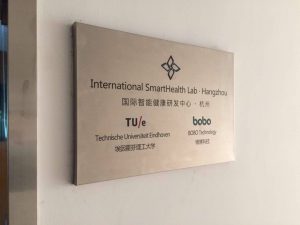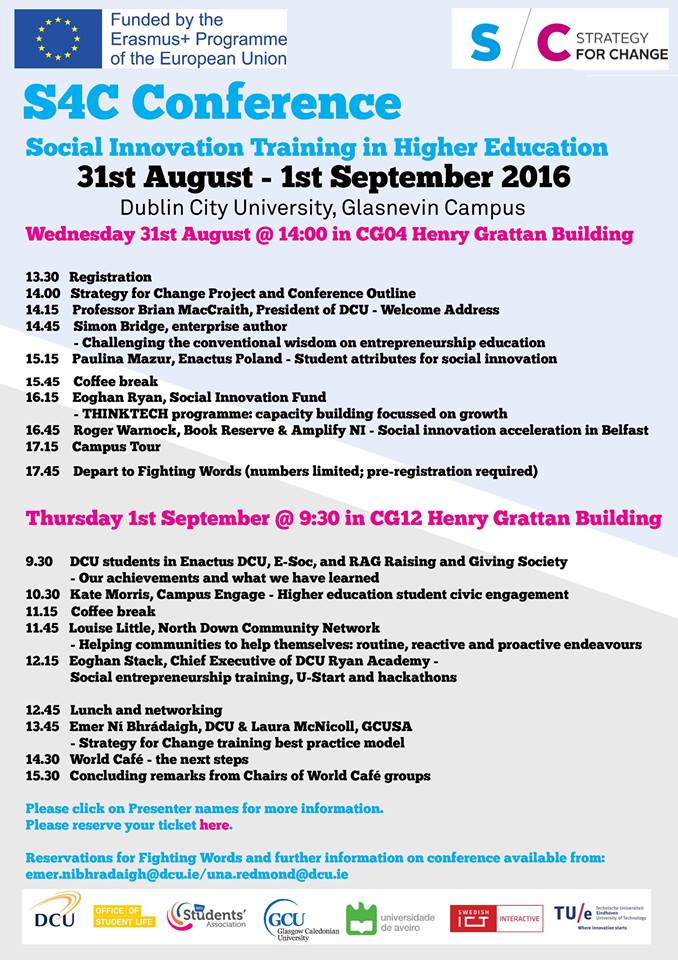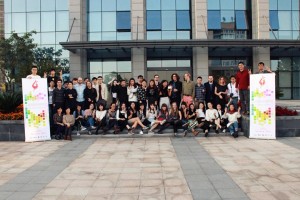In this workshop we focus on Integrating Technology that enables the students to explore, prototype, create, and demonstrate innovative concepts and experiences using technology. Programing would be the first step towards integrating technology, among other steps, to approach the interactive and intelligent systems, products and related services.
We are aiming to build performative musical instruments and installations that allow for GMIS principles to be implemented in a group setting. Overall, a networked multi-instrument setting will be implemented by using OOCSI as a communication layer, and Processing clients for sensors/interactive front-ends and MIDI translation.
The music or sound will be generated by a MIDI-capable sequencer (e.g., Logic Pro X or Ableton Live) with multi-track audio instruments, effects and audio tracks – which is connected to the OOCSI-MIDI bridge. Processing serves as the basis for implementing interactive clients that might connect to external sensors such as Arduino-connected simple sensing modalities or complex sensors such as Kinect, Leap Motion or else.
Continue reading Workshop @ NWPU Nov 2-11, Xi’an
 DESCRIPTION
DESCRIPTION